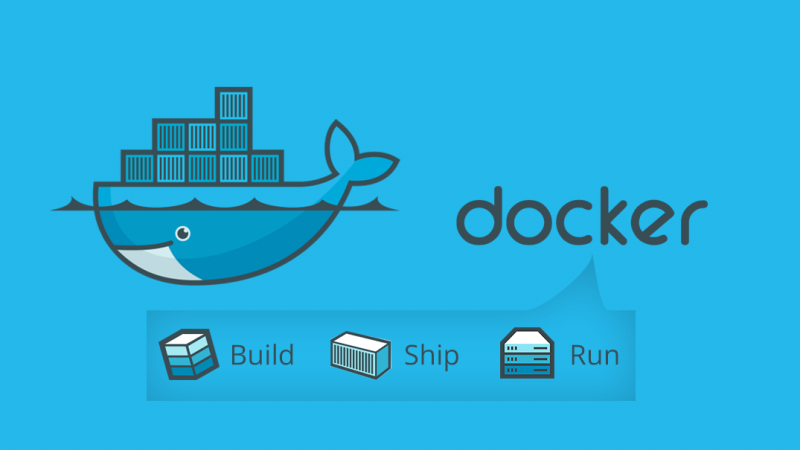This week a group of big names in software development announced they have joined together to standardize container format and runtime.
The broad group of companies (full list: Docker, CoreOS, Amazon Web Services, Apcera, Cisco, EMC, Fujitsu Limited, Goldman Sachs, Google, HP, Huawei, IBM, Intel, Joyent, Linux Foundation, Mesosphere, Microsoft, Pivotal, Rancher Labs, Red Hat and VMware) are working together to create the Open Container Project (OCP) which aims to establish common standards for software containers.
In the press release the project's mission is explained. "Housed under the Linux Foundation, the OCP's mission is to enable users and companies to continue to innovate and develop container-based solutions, with confidence that their pre-existing development efforts will be protected and without industry fragmentation."
For Docker's part it will donate its base container formation and runtime, runC, to the endeavour to be the basis of the new technology. And, as mentioned in a Docker blog post, the leadership of the Application Container spec (appc) initiative will join as co-founders.
Since launching in 2013, open-source project Docker had risen to the top and changed the container game. But they have their sights set on more application portability and innovation.
"This effort [OPC] will allow the ecosystem as a whole to focus on innovation at the layers that matter, rather than wasting time fighting a low level standards war," the Docker blog elaborates. "There are now over 40,000 Docker-based tools and over 150,000 Docker based applications that have been downloaded over 500M times. Docker (and containerization in general) is a community and ecosystem effort. This helps keep that ecosystem from fragmenting."
Lastly, this new move is for the users. The OCP aims to free users from worrying about being locked into an technology vendor longer than they want. "Instead, their choices can be guided by choosing the best damn tools to build the best damn applications they can."
Jim Zemlin, executive director of the Linux Foundation, told Firstpost that the beauty of this new project is that it will open up the industry to new collaboration and innovation between users, vendors and technologists without the worry of fragmentation.
